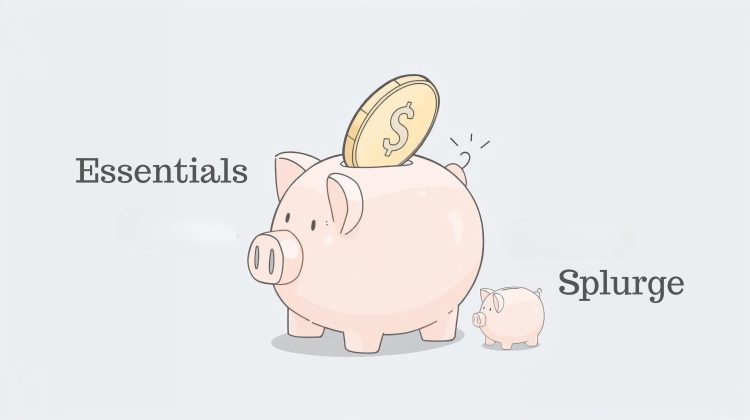Essentials Over Extras
Retirees are being forced to rethink how they spend. A study by the Employee Benefit Research Institute found that more than two-thirds of retirees carry credit card debt, and over 30% admit they spend more than they can afford.
Healthcare is one of the biggest drains on savings. Fidelity estimates that a 65-year-old couple retiring in 2024 will need about $165,000 just to cover medical bills throughout retirement-almost double the estimate from two decades ago.
Less Splurge, More Survival
Spending habits are shifting. According to the Nationwide Retirement Institute, about 40% of retirees have cut back on entertainment, and one in three is traveling less than before. Rising housing, grocery, and transport costs are leaving less room for extras.
Government data shows the average retired household spends nearly $5,000 per month on essentials like food, housing, transportation, and utilities. That figure leaves little left over for vacations or dining out.
Fear of Running Out
Many older Americans say their biggest worry is simply outliving their savings. A 2025 BlackRock survey found that 64% of savers fear they will run out of money in retirement, a number that has climbed sharply since the pandemic. Inflation has only made that fear worse.
At the same time, about 35% of U.S. adults have delayed retirement or expect to work longer, citing high prices and unstable markets. For many, the choice is clear: cover the essentials first, and hope there is something left for comfort.












